Takiwātanga Resource Project
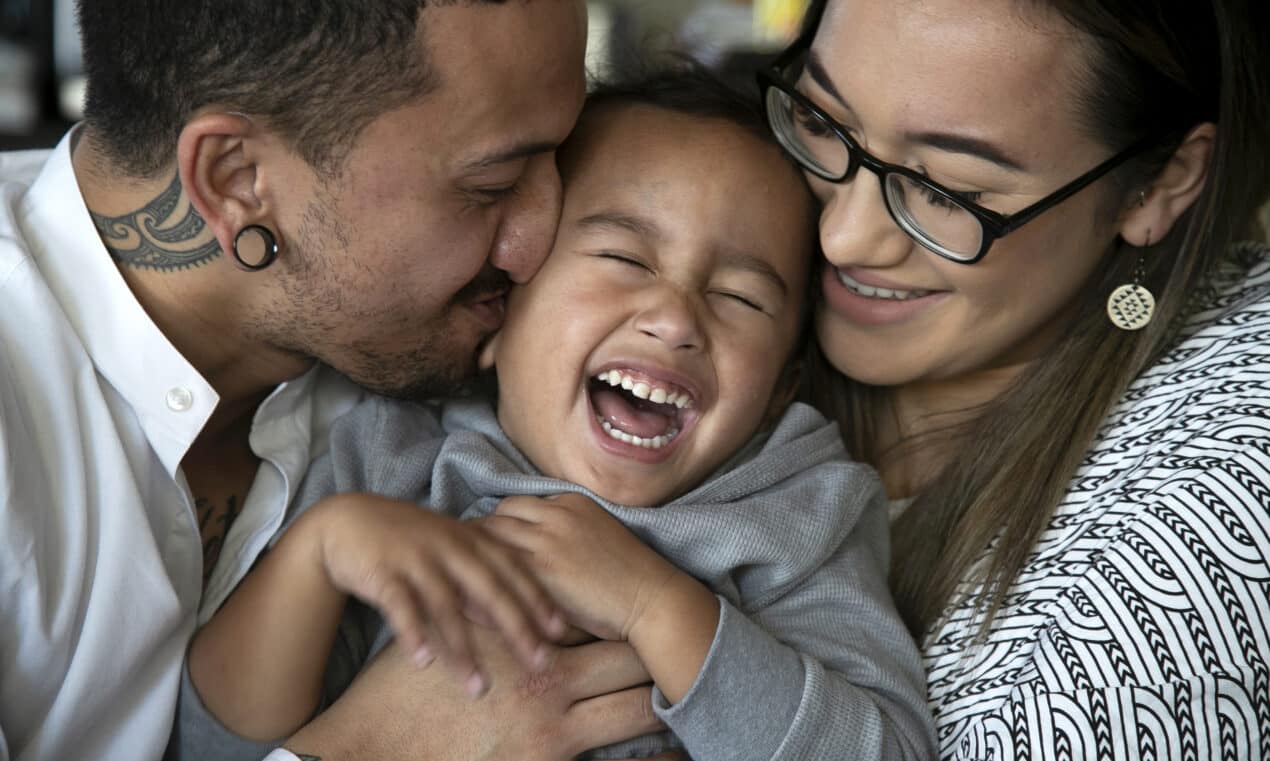
What is it?
Altogether Autism and Kanorau are working together to develop and provide culturally appropriate Takiwātanga (Autism) resources for the community, whānau, hapū and iwi.
Upcoming Wānanga
A wānanga will be held 11 March 2024 at Te Manukanuka o Hoturoa Marae, Auckland. You may attend online or in person.
We Aim To
- Provide credible and up to date information to whānau Māori around Takiwātanga.
- Invite open feedback, reflection and discussion to amplify and extend the voices of whānau Māori to express their understanding of Takiwātanga.
- Create free learning resources to develop relevant information and share knowledge through a Te Ao Māori lens on Takiwātanga.
- Create resources that can be used by Tāngata Whaitakiwātanga, whānau and professionals who engage and support Tāngata Whaitakiwātanga and their whānau.
Re-storying Autism and Indigenising Narratives.
Participation
Who Are We Looking For?
- Tāngata Whaitakiwātanga
- Whānau members supporting and caring for a Tangata Whaitakiwātanga.
- Kaumātua experts in kōrero tuku iho, pūrakau and tikanga on disability matters.
- Māori professionals who work with and support Tāngata Whaitakiwātanga.
- People who are interested in sharing their knowledge and experience to help build resources to amplify the voices of lived experience and counteract narratives that can be harmful to whānau Māori.
Multiple Ways to be Involved
You can contribute to this mahi by:
- Completing our online survey;
- Attend face-to-face wānanga; and
- Attend online wānanga via Zoom.
Wānanga Will Focus On
- Whakawhānaungatanga.
- Gathering kōrero and insights.
- Common narratives around takiwātanga.
- Barriers within Te Ao Māori.
- Identifying the culturally unmet needs.
- Identifying what resources are needed.
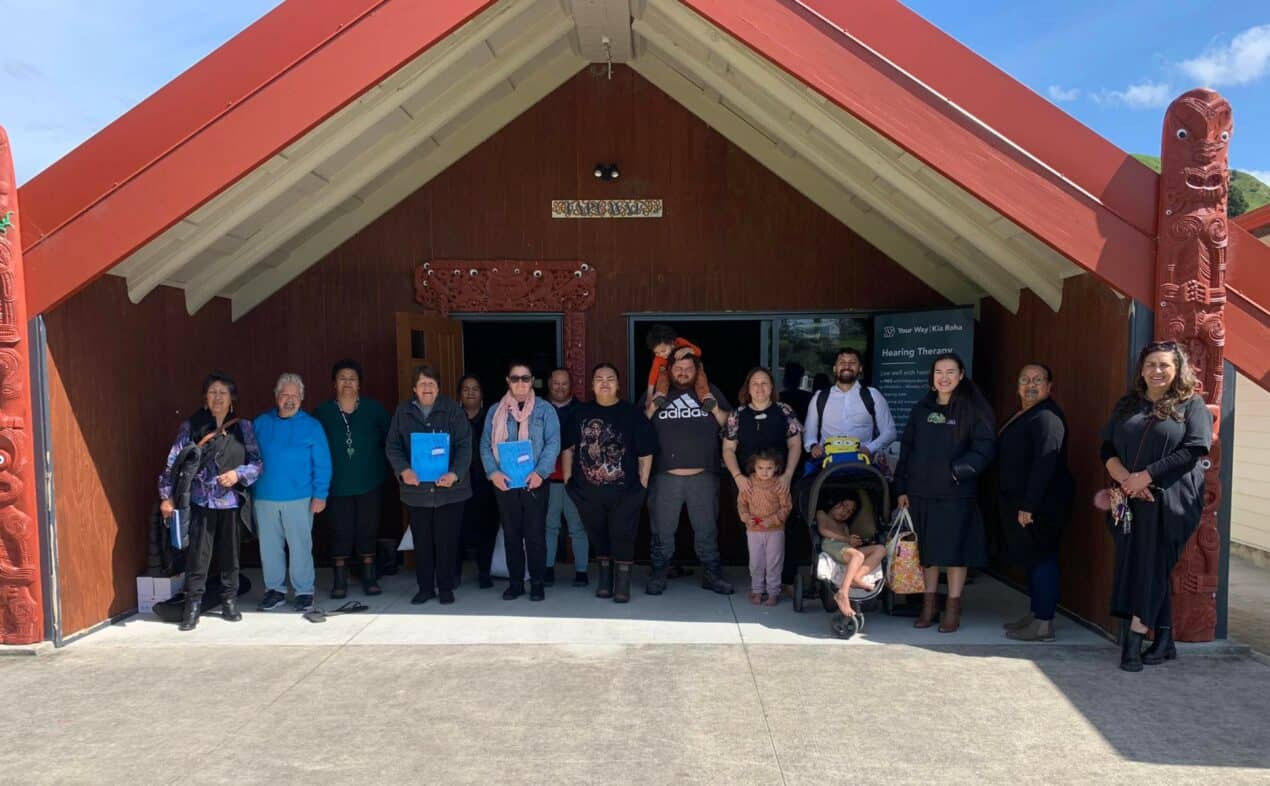
Who is Leading This Mahi?
This project is supported by Te Pou funding through Your Way | Kia Roha (Altogether Autism) and Kanorau Consultancy.
It is being co-led by:
Jessica Hita (Ngāpuhi, Ngāti Kahu)
Jessica, on behalf of Kanorau Takiwātanga Consultants is a Māmā to ataonga takiwātanga, a te Titiri lawyer and a strong advocate for tāngatawhaikaha Māori in the disability space. Jessica is a Director of Kanorau, a kaupapa that provides Māori Autism support, information and programs to enable taonga takiwātanga and their whānau to lead good lives and to educate professionals who support taonga takiwātanga to grow their knowledge and understanding of takiwātanga from a Te Ao Māori perspective.
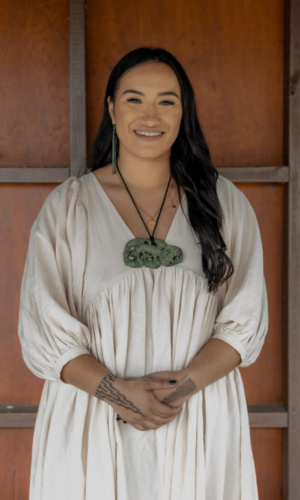
Jamie-Leigh Tmoti (Ngai Tai)
Jamie-Leigh on behalf of Altogether Autism is an experienced community facilitator with over five years’ experience in autism information and education. She is a māmā to neurodivergent children and has lived experience of disability at a professional, personal, whānau and community level. Jamie-Leigh worked on the release of He Karu, He Taringa and is experienced in delivering reflective practice sessions based on content and context.
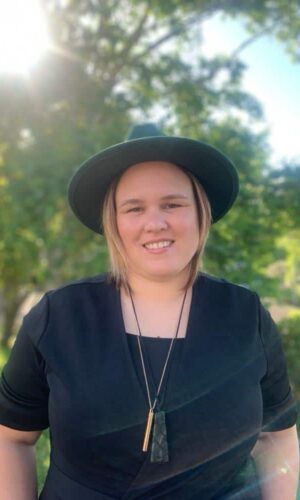
Our Why
“Kia mau ki ngā kōrero tuku iho.”
– Hold fast to the knowledge that is passed down from generation to generation.
Supporting Tāngata Whaitakiwātanga
The wānanga and resources aim to allow the voice of Tāngata Whaitakiwātanga to be heard and shared within Māori communities, providing people with information on the support they can receive, and allowing them to benefit from the lived experiences of other Tāngata Whaitakiwātanga.
Supporting Whānau
The whānau based delivery model allows people to learn in a way that is appropriate to them and provides them with a resource they can share with their communities, developed on a co-development model. Reducing stigma and isolation and providing a community network opportunity to gain support and connection.
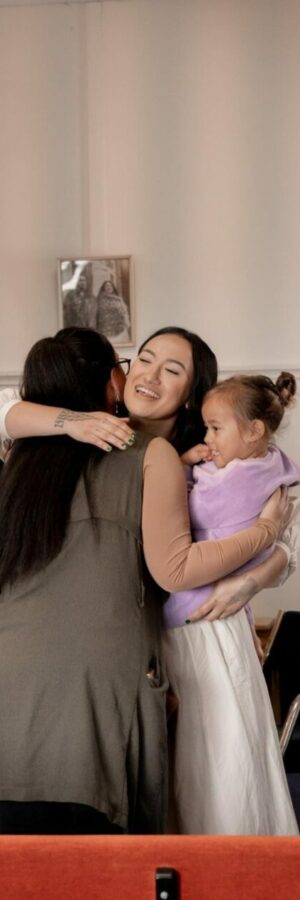
Fostering Whanaungatanga
The nature of wānanga is highly relational and underpinned by tikanga Māori such as whanaungatanga, whakapapa, kotahitanga and aroha.
Our Approach
Our approach and delivery are built on a Te Ao Māori first worldview, to meet the needs of Māori participants and whānau and incorporating practices that respect and honour the cultural identity of the whānau by working with Māori Takiwātanga experts and bringing tikanga expertise alongside all activities.
Outcomes
Free Takiwātanga Resources
- Mana-enhancing resources in both Te Reo Māori and English.
- Available in multiple, accessible formats.
- Informed by lived-experience and underpinned within Te Ao Māori.
- Accessible on both the Altogether Autism and Kanorau websites.
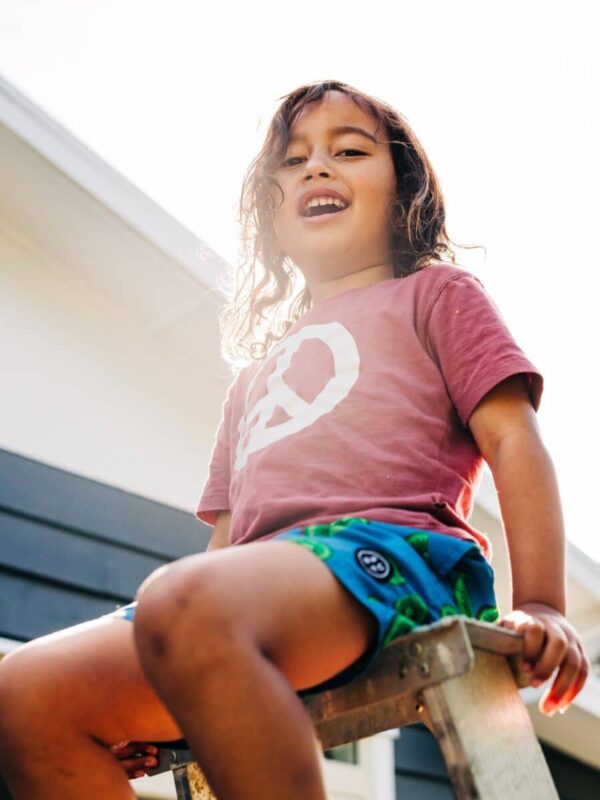
Whanaungatanga
- Building and extending existing support networks with Tāngata Whaitakiwātanga, whānau Māori and professionals working within Te Ao Māori.
- Empowering whānau to realise their potential and grow confidence to engage with the health, disability and educational systems.
Resources
- Download the Takiwātanga Resource Project PDF.
- Download the Takiwātanga Resource Project Accessible Document.
- Participate in the Takiwātanga Resource Project Survey.
- Keep an eye on our Events Page for upcoming Wānanga.
Kuputaka Glossary
- Aroha – Love, compassion, empathy
- Hapu – Subtribe
- He Karu, He Taringa – Eyes and ears (referring to the short film)
- Iwi – Tribe
- Kanorau – Be diverse, diversity
- Kaumātua – Elders
- Kaupapa – Topic
- Kirikiriroa – Hamilton
- Kōrero tuku iho – History, stories of the past, traditions, oral tradition
- Kōtahitanga – Unity, collective action
- Mahi – Work
- Māmā – Mother
- Mana – Supernatural force in a person, place or object
- Pūrakau – Legend, myth
- Takiwātanga – Autism
- Tangata Whai Takiwātanga – Autistic person
- Tāngata Whai Takiwātanga – Autistic people
- Tangata Whaikaha Māori – Māori disabled person
- Taonga Takiwātanga – Autistic treasure (often used for describing an Autistic child)
- Te Ao Māori – Holistic worldview of Māori
- Te Tai Rāwhiti – East Coast of New Zealand
- Tikanga – Custom
- Tiriti – Treaty
- Whakapapa – Genealogy, lineage, descent
- Whakawhanaungatanga – Process of establishing relationships
- Whānau – Families
- Whānau Māori – Māori families

